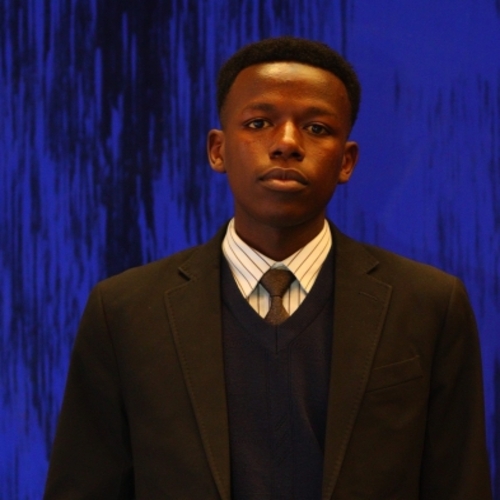The International Court of Justice is the judicial organ of the United Nations, after succeeding the Permanent Court of International Justice. At the international forum, it serves various purposes including:
The International Court of Justice under Model United Nations-Kenya aims to provide an authentic simulation of dispute resolution between hypothetical States akin to the International Court of Justice, while educating ICJ agents and observers on how to legally tackle and provide solutions to contemporary international disputes plaguing the international community. This is done through moot court competitions as well as conducting trainings at the chapter and national level, primarily adjudged and facilitated by fellow select students who form the ICJ Bureau, respectively.
Additionally, the ICJ spearheads the International Law Essay Competition, now in the 4th Edition. The essay competition is aimed at initiating discussion into and developing solutions to the various contemporary challenges faced in the world. Participation in the essay competition is unlimited and non-law students are highly encouraged to participate.
ICJ monthly e-publication
The gift of the pen is immeasurable in breadth and deep in scope. Indeed words are our thoughts turned inside out and projected to the world. It is a universal acknowledgement that the overarching advantages of writing are twofold: permeation of information to a wider audience and perpetuity of thoughts. Inspired by the need and desire to admit different international law perspectives,a creature called the ICJ Monthly was born. The ICJ Monthly is a KMUN Journal post stemming from the 23rd session Office of the Presidency. As a surrogate of the ICJ bureau,the singular objective of the KMUN Journalspot is to provide international law enthusiasts with the opportunity to speak into existence matters pertaining to international law matters. There exists a set of designated guidelines tailored by the ICJ Monthly Committee that will provide the operational basis for authors to write and submit their work.
Best KMUN Journal ArticleILEC e-publications
The International Law Essay Competition (ILEC) is an inter-university study and practice initiative launched during the 21 st Session and that was spearheaded by the International Court of Justice (ICJ). The International Law essay competition offers a platform for scholars, law and non-law students, and legal enthusiasts to engage in thoughtful discourse and analysis of pertinent legal issues on a global scale. Participants craft well-researched essays that delve into various aspects of international law. This competition not only encourages intellectual growth and cross-cultural exchange but also contributes to the advancement of legal understanding and cooperation on an international level. By fostering a space for innovative ideas and diverse perspectives, the competition serves as a catalyst for deeper exploration of the intricate web of laws that govern our interconnected world. The winners have had the opportunity to win Cash Prizes, internship at the Strathmore Center for Law and Policy, shadowing at the UNODC and books.
Winning EssaysMoot Questions
Every session, the ICJ has moot competitions simulating the International Court of Justice. The ICJ (International Court of Justice) moot competition offers a platform where students simulate legal proceedings in front of a mock International Court of Justice. Participating teams(agents) prepare written submissions called memorials, and present arguments on a hypothetical case. During the competition, teams present these arguments orally, engaging in debates before the judges who evaluate their advocacy skills, understanding of international law, and ability to construct compelling legal arguments.
Moot Questions & MemorialsTraining Manual
The ICJ training manual serves as a resource that outlines the objectives, content, and procedures of the ICJ. The ICJ training manual is a detailed guidebook that offers agents and judges of the court essential information on how to prepare for the ICJ competitions effectively. This manual includes information about the competition's format, rules, and expectations, as well as guidance on conducting legal research, constructing persuasive arguments, drafting memorials, and honing oral advocacy skills.
Preview Training ManualOur Team

Faith Mahinda
President of The International Court of JusticeTransitioning into her “Finalist LL.B student at Kenyatta University” era, Faith Mahinda is a soft-hearted young lady still trying to strike a balance between excelling at her professional life, while invoking the “I’m just a girl” phrase in her personal life.

Milgo Rotich
Deputy President of The International Court of JusticeMilgo Rotich is a curious character, what you would term as a learning enthusiast as his interaction with the Society has proven over the sessions. He is curious about a diverse range of things, from those as mundane as reading philosophy to fun things like learning from whoever is willing to teach. He takes great interest in conversations on political issues, if only for the whim of it.
ICJ Bureau
Pursuant to Articles 2 & 3 of the Statute of the International Court of Justice, the Court is composed of 15 judges. For the 24th Session, the composition is as follows:
